
The government is still working to determine where the cost burden for the remediation of dangerous cladding in buildings across England will fall.
Building safety minister Lord Greenhalgh last week told the House of Lords that the government was carrying out “detailed research” to understand the costs involved, particularly in the case of lower-rise and medium-rise buildings.
His response came after Lord German asked for an update from the government on an estimated shortfall of £7.9bn between the £15bn expected to be required to fully remediate buildings with dangerous cladding, and the £5.1bn set aside by government, as well as a £2bn tax on developers.
Lord Greenhalgh replied: “Those are not official figures. There are a lot of estimates, and there is a great range in those estimates. We are carrying out some detailed research so that we can properly understand the incidents, particularly in lower-rise and medium-rise buildings, where remediation will be required. Then we will be in a position to know the burden that will potentially fall either on the taxpayer or on leaseholders.”
Earlier in the debate, Lord Kennedy of Southwark asked Greenhalgh what plans the government had to protect homeowners from further costs as a result of unsafe cladding, in addition to the £5.1bn investment in building safety.
Lord Greenhalgh said: “The government will fund the cost of replacing unsafe cladding for leaseholders in residential buildings of 18m and over in England. This will make homes safe and protect leaseholders from costs. There is no reason to suggest that there will be a funding shortfall for eligible applications to our remediation funds.”
He added: “In addition to the unprecedented sum of £5.1bn towards the remediation costs, we recognise the need to strengthen redress mechanisms. That will come forward as part of the Building Safety Bill. We have also stepped forward to support the installation of many hundreds of alarms to ensure that people do not have to pay for a costly waking watch, with our waking watch relief scheme of some £30m. We recognise that it is for the building owners to shoulder their statutory responsibilities to keep their buildings safe. We will continue to work with all levels of government to make sure that that happens and that the costs are not passed on to the leaseholders.”
Comments
Comments are closed.



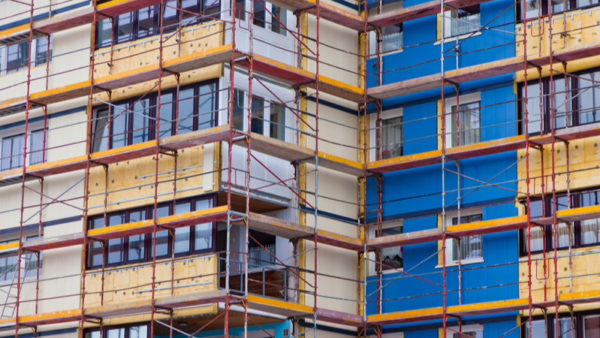
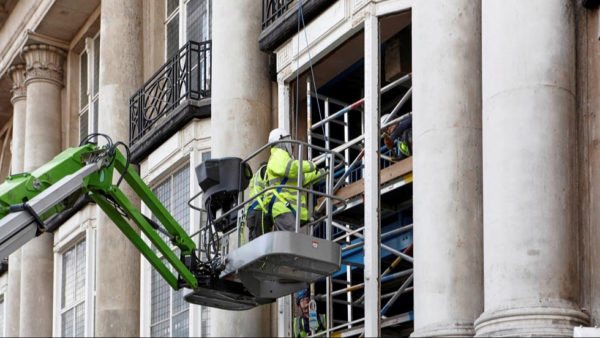
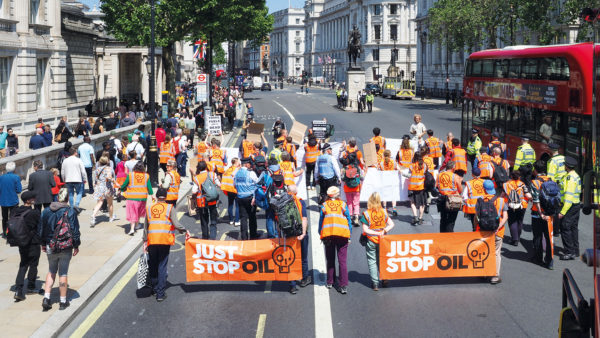
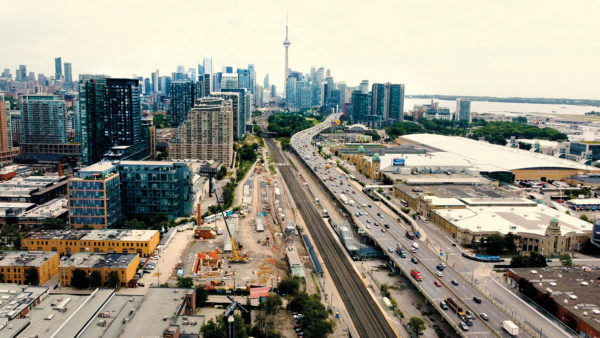
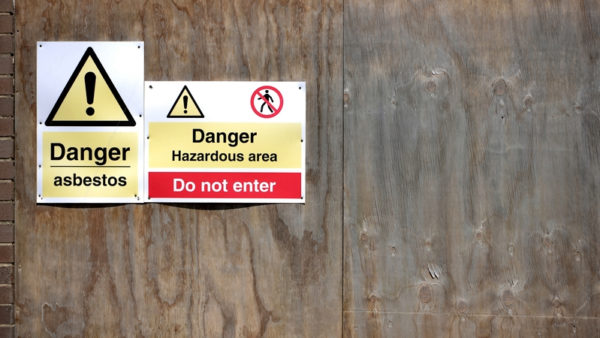


I fail to see why lower rise blocks, which may not have cladding issues, but may have missing or ineffective fire stops/ barriers should not be included ?
John Clinch mciat
Suppliers provide, contractors, install unreliable materials to cheapen their cost of construction – maximize their profits. And the taxpayers pick up the tap when the Gov bails them out.